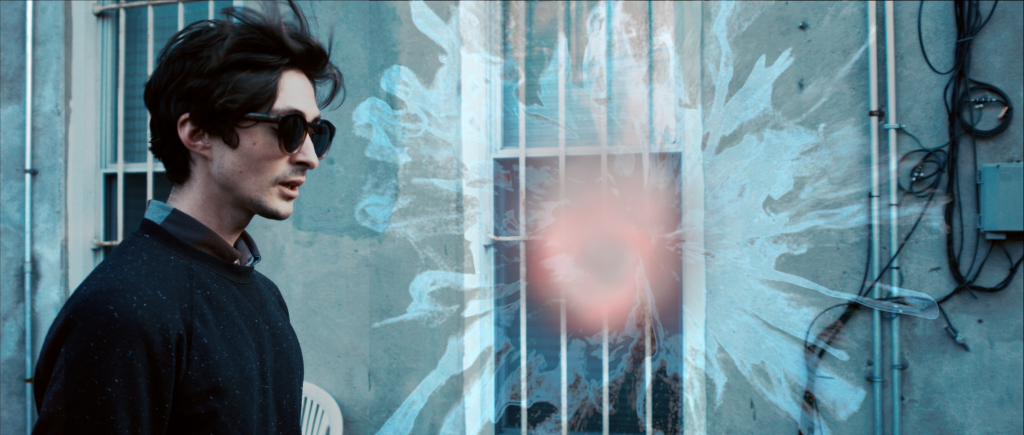
For 45 years, Opera Orchestra of New York and its artistic director Eve Queler worked a successful formula: A-list stars like Placido Domingo and Renée Fleming in one-off performances of obscure operas. But the group’s only offering this season, Donizetti’s Parisina d’Este on May 4, turned out to be such an low-wattage event one can’t help calling the company’s mission into question.
Ironically, Parisina was the vehicle for one of OONY’s greatest early successes, back in 1974, featuring the legendary soprano Montserrat Caballé—a night New York opera fans still discuss in hushed tones.
The trouble with Parisina is that, though some of the music, in particular the final scene, is very fine stuff indeed, it requires a Caballé to carry it off. The prima donna must wield endless legato, vigorous coloratura ability and a dramatic fire. Wednesday night’s concert revealed that its leading lady, Angela Meade, had major deficiencies in all these areas.
She is a perplexing artist. The basic material is quite good—a large, rather cool dramatic coloratura soprano with a serviceable extension well above high C. But her singing is maddeningly inconsistent. A limpid line may suddenly judder into a tremolo, and a passage of brilliantly turned roulades can segue into something that sounds perilously close to yodeling.
But the biggest problem here is that Ms. Meade seems so timid and diffident onstage. True, she may from time to time attack a phrase with vocal gusto, but the effect is dissipated by her blank face and stolid posture. The issue is not really that she is zaftig (though the magenta caftan she wore looked as if it had been lifted from the famously corpulent Ms. Caballé’s closet) but rather that her body language seemed to express nothing more exciting than, “How long before this is over?”
I can’t say I blame her for posing the question because most everything surrounding her was pretty dire. As Parisina’s guilty lover Ugo, tenor Aaron Blake flipped back and forth between a tough, metallic chest tone and an insubstantial falsetto register, ducking or simplifying a number of difficult high phrases. Baritone Yunpeng Wan shoved on an essentially lyrical voice, creating volume but little impact.
Outclassing the nominal stars of the evening was Sava Vemic, his dark, luscious bass wasted in what is known as an “e poi” (“What happened next?”) role, without even an aria of his own.
At age 85, Ms. Queler displayed miraculous verve on the podium and excelled in what has always been her forte: the slow buildup of a slow ensemble to a rolling climax. Alas, her faults have not mellowed with age: As musical director she indulges in wholesale cutting and rearranging of the score so that the singers can interpolate high notes Donizetti would have found bizarre, if not downright laughable.
OONY used to play Carnegie Hall, presenting three operas a year, and as recently as a few years ago was showcasing superstars like Jonas Kaufmann, Angela Gheorghiu and Roberto Alagna. This undercast Parisina, though, is the only thing they’re putting on the boards this season and at the relatively dinky Rose Theater at Jazz at Lincoln Center besides.
Maybe the fashion for concert opera has passed, or maybe the currently diminished OONY is not up to the task. Or perhaps it’s time for another organization, even the Met, to take up the slack.
Nothing could be further from the tuneful melancholy of Parisina than a program of short video operas screened by Experiments in Opera at Anthology Film Archives on Friday night. As with most contemporary opera, there was a lot of chaff to sift through, but the revealed kernels turned out to be quite pleasant indeed.
Two of the pieces, The Rest is Shit by Dorian Wallace and David Kulma and In the Distance We Go On Forever by Anna Mikhailova, bogged down in momentousness, attempting to treat on weighty topics but just sounding pretentious. More successful was Tea Before You Go by Aaron Siegel, in which a terminally ill man (John Hagan) takes an experimental mind-altering drug and, as he begins to hallucinate, gradually transitions from speech to song.
Public, by Emily Manzo, takes on Islamophobia but stays cooly jazzy as it focuses on two tiny incidents, a tense confrontation in the subway and a Muslim woman’s decision to stop wearing a head scarf.
Best of all was I Screwed Up the Future, Jason Cady’s deadpan sci-fi comedy about a bungled attempt to fix the Y2K bug. His meandering, laid-back dance track accompaniment exactly captured the mood of the hipster time travelers whose best-laid plans result in the annihilation of Tower Records.

